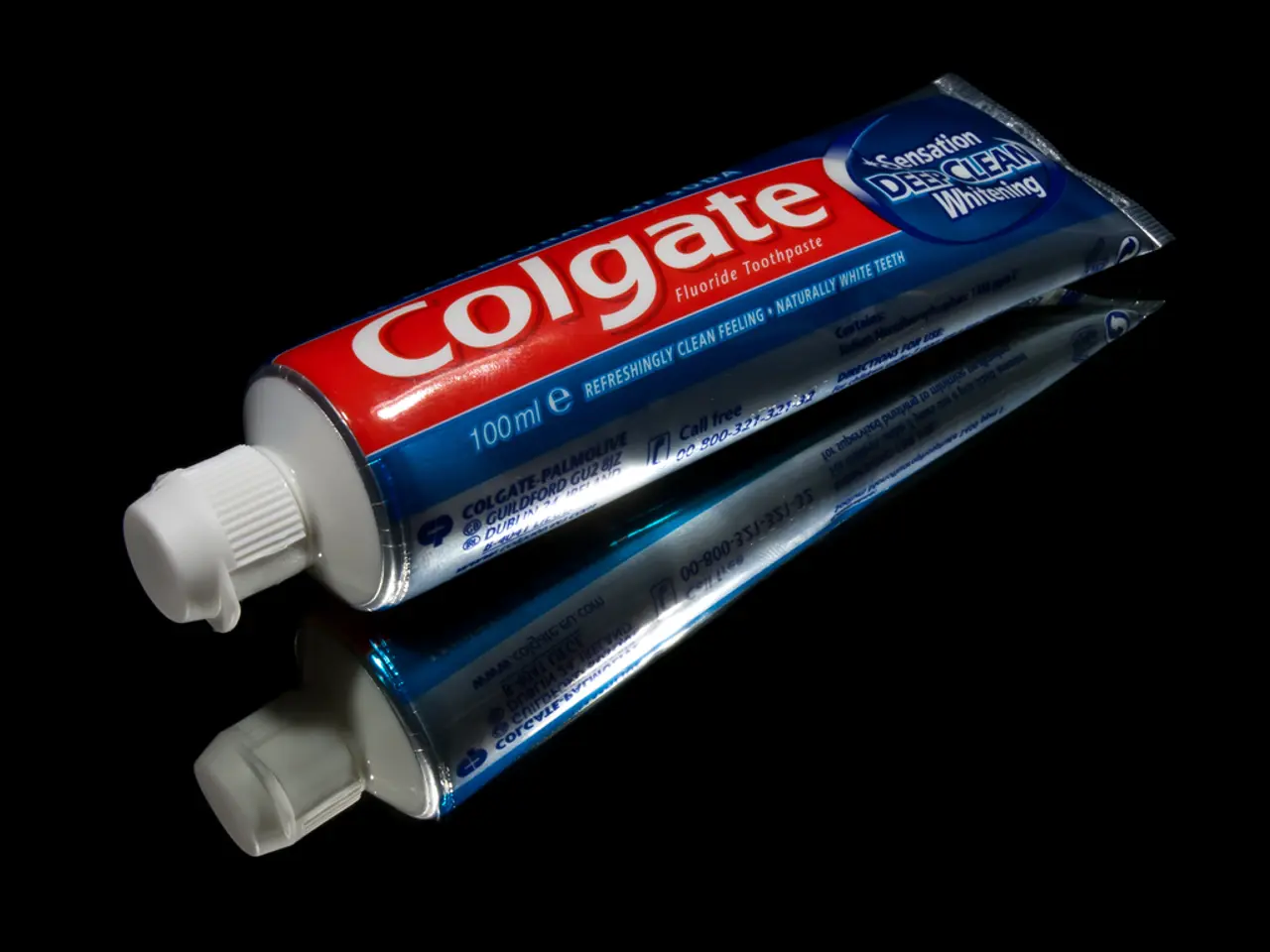Researchers Advocate for Hair-Based Toothpaste: Uncovering its Potential Benefits
In a groundbreaking development, researchers at King's College London have developed a new toothpaste made from keratin, a protein found in human hair, skin, and nails. This innovative product has the potential to protect and repair tooth enamel, potentially stopping tooth decay altogether, rather than merely slowing it as fluoride does.
The new toothpaste works by interacting with minerals in saliva, such as calcium and phosphate, to create a crystal-like scaffold on teeth. Over time, this scaffold attracts additional minerals, building a dense, protective layer that covers and seals the tooth’s surface, including exposed nerve channels responsible for sensitivity. This coating mimics natural enamel, which, unlike bone or hair, does not regenerate once lost.
This keratin-based treatment offers a transformative alternative to current dental treatments, providing both structural repair and symptom relief for enamel erosion caused by acidic foods, aging, and poor oral hygiene. It is also a sustainable alternative to traditional dental treatments because keratin can be sourced from biological waste, avoiding toxic plastic resins currently used in restorative dentistry.
Sara Gamea, PhD researcher at King's College and first author of the study, adds that keratin looks more natural than current treatments. Dr. Sherif Elsharkawy, senior author and consultant in prosthodontics at King's College London, states that once enamel is lost, it's gone forever.
Researchers anticipate that this keratin toothpaste or a keratin gel for professional application could be available for public use within the next two to three years. The development of this toothpaste or gel represents a breakthrough in biotechnology by allowing restoration of tooth enamel using the body’s own materials in a biologically compatible and durable way.
This toothpaste is intended to protect and repair damaged tooth enamel during the early signs of decay. Moreover, it not only helps prevent enamel decay but also offers relief for existing symptoms of tooth sensitivity. Keratin more closely matches the color of the original tooth compared to current treatments, eliminating the need for traditional plastic resins in restorative dentistry.
The study, conducted by King's College London, found that keratin produces a protective coating that mimics the structure and function of natural tooth enamel when it comes into contact with saliva. This new treatment not only helps prevent enamel decay but also offers relief for existing symptoms of tooth sensitivity.
In summary, the development of keratin-based toothpaste and gels offers a promising solution to the ongoing challenge of enamel erosion and decay. With its natural, sustainable, and biocompatible properties, this innovative treatment could revolutionise the field of dentistry, providing a long-lasting solution to protect and repair tooth enamel.
Read also:
- Explored the Popular Health Assessment with a Queue of 100,000 Aspiring Participants - Here's My Unadulterated Opinion
- Hearing impairment condition: Recognizing symptoms and management approaches
- Signs of Cataracts Emergence: Impact on Vision and Further Details
- Thrombocytopenia in Large Scale: Root Causes, Identifiable Symptoms, and Available Treatment Options





